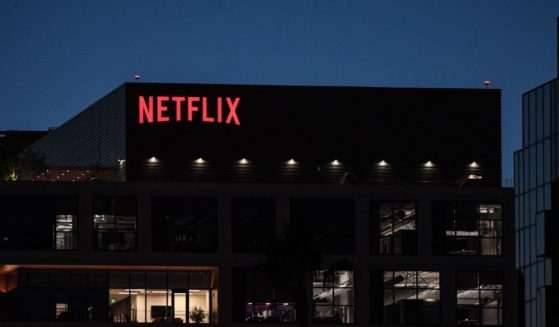Thanks to Unemployment Handouts, Employees Oppose Returning to Actual Work
It seemed like the perfect idea at the time, at least to Democrats.
The number of new unemployment claims for the past few weeks have been greater than our previous worst weeks by almost an order of magnitude. There are now more than 36 million people out of work since the coronavirus crisis began.
Thus, in the so-called CARES Act — better known as the massive third stage of COVID-19 relief — Congress appended $600 to everyone’s unemployment checks in addition to whatever you would get from your state. Good deal, right?
Melony Wagner can speak to the downside of that. She’s the owner of the Charles Village Pub and Patio in Towson, Maryland. When she reopens, it probably won’t be with the staff that she has.
It’s not that she’s unwilling or unable to pay them. She’s just not able to pay them quite like the government can.
“They don’t want to [come back to work] because it’s less money,” Wagner told WBFF-TV.
“I’m not even angry or upset with them, I understand. Why would you want to come back and actually work and make half as much money or two-thirds as much money and you’re working, as you can get to stay home?”
“It’s a very difficult position to be put in right now honestly. I know everybody loves the extra $600 a week it’s really had the opposite effect of what I think they were hoping it was going to have,” she said.
She’s not the only one thinking that.
Jamie Black-Lewis owns two spas in Washington state. She secured two Paycheck Protection Program loans and told her employees over a virtual conference that she could keep paying them.
Were they happy? Of course not.
“It was a firestorm of hatred about the situation,” she told CNBC.
“It’s a windfall they see coming,” she said. “In their mind, I took it away.”
“I couldn’t believe it,” Black-Lewis added. “On what planet am I competing with unemployment?”
According to Fox Business, the CARES Act means that the average weekly unemployment payment is roughly $978 compared to $378 last year, which means that unemployment might be a better deal for the unemployed than going back to their jobs.
“Because the federal government’s unemployment benefits are reasonably generous, $600 a week on top of one’s state unemployment insurance benefit, there might be some folks who decide, ‘You know what, I’m not really going to go back to work until August,'” economist Anirban Basu told WBFF.
“By August we should have a labor market that’s functioning more like normal, but unemployment will still be very high.”
Or maybe not.
The extra $600 benefit, part of the CARES Act’s Federal Pandemic Unemployment Compensation program, is supposed to end July 31. But Democrats want to extend it through the end of the year, and certain people would get the extra cash through March 2021.
Republican Sen. Rob Portman of Ohio has countered the Democrats’ plan with a proposal that some money could be appended to the paychecks of those returning to work, instead.
“If you are making $50,000 a year, it is more advantageous to be on unemployment insurance than it is to go back to work,” said in an interview on CNBC. “That’s an example in this legislation of something that’s going to hurt, not help the economy.”
“Why not provide a bonus to people to say, ‘If you go back to work, you can take some of this unemployment insurance with you.’ If you take $450, as an example, per week, remember this is per week, that would mean that in every state for minimum [wage] workers it would be more advantageous go back to work than to stay on unemployment insurance,” he said.
“If you did a $450 bonus to workers, good for workers, they’re going to get their salary plus that.”
So that’s the carrot. The stick, meanwhile, is that if you refuse to go back to work, you could have your benefits yanked out from under you.
Unless there’s some exigency imposed upon you by the coronavirus — either, say, a sick or recovering relative or an impossible commute due to lockdowns — if you receive an offer of work substantially similar to what you had before, you have to accept it to continue receiving the federal money.
“Unemployed workers typically have to attest each week that they haven’t refused an offer of work to keep receiving benefits,” according to payroll processing firm ADP. “Keep in mind that employees may still be eligible for unemployment benefits if they refused the offer for ‘good cause.’”
Several states, according to Marketplace, are encouraging employers to report employees who refuse to return because they’re making more off of unemployment.
Eventually, restaurants like Wagner’s will have to spool up and when they do, it’s going to be difficult if our federal government makes it easier for employees to simply stay at home, as if things would be better and safer if they weren’t being productive.
This may have been well-intentioned. Unfortunately, you may have heard the road paved with those doesn’t go anywhere particularly desirable.
Truth and Accuracy
We are committed to truth and accuracy in all of our journalism. Read our editorial standards.












